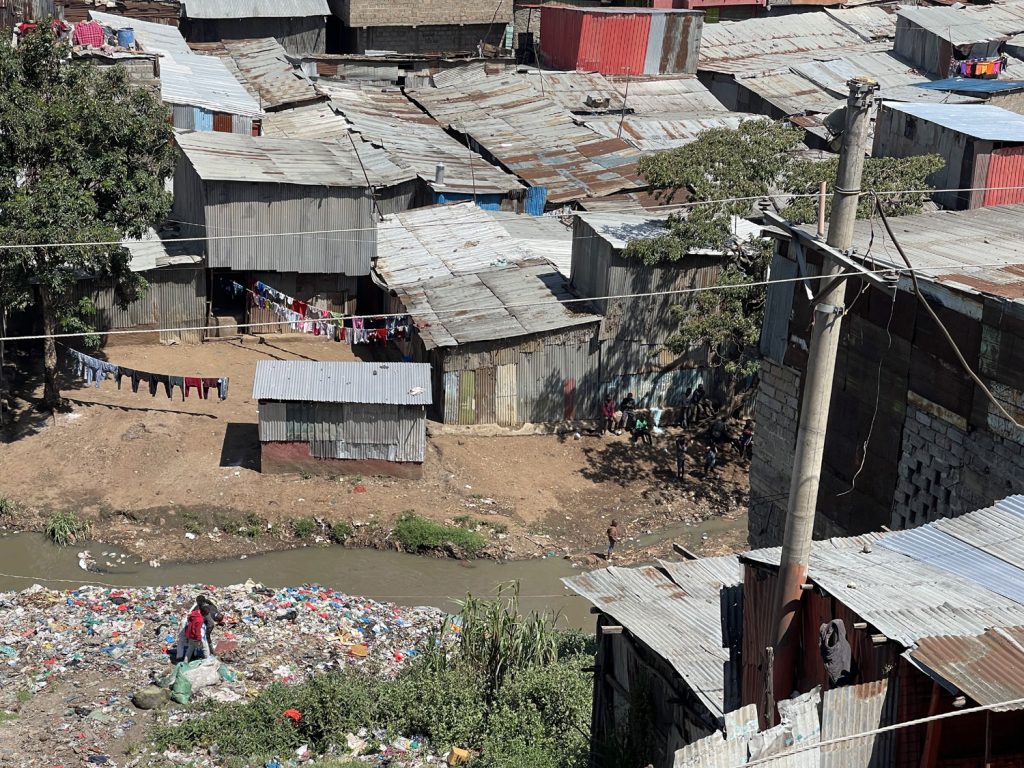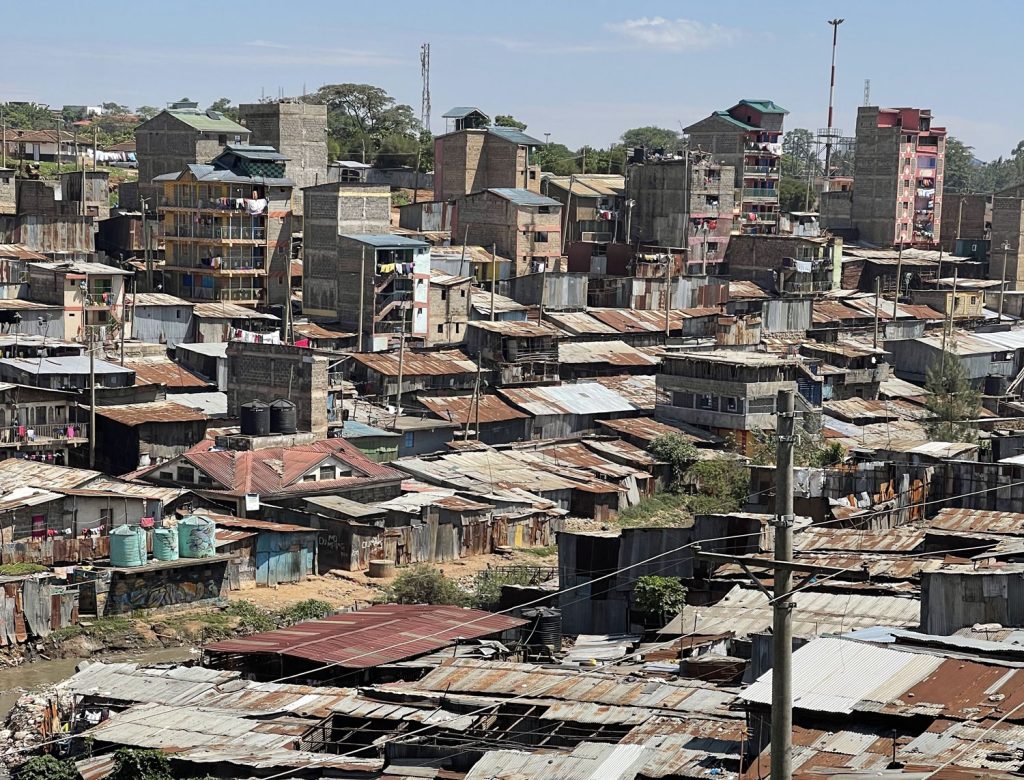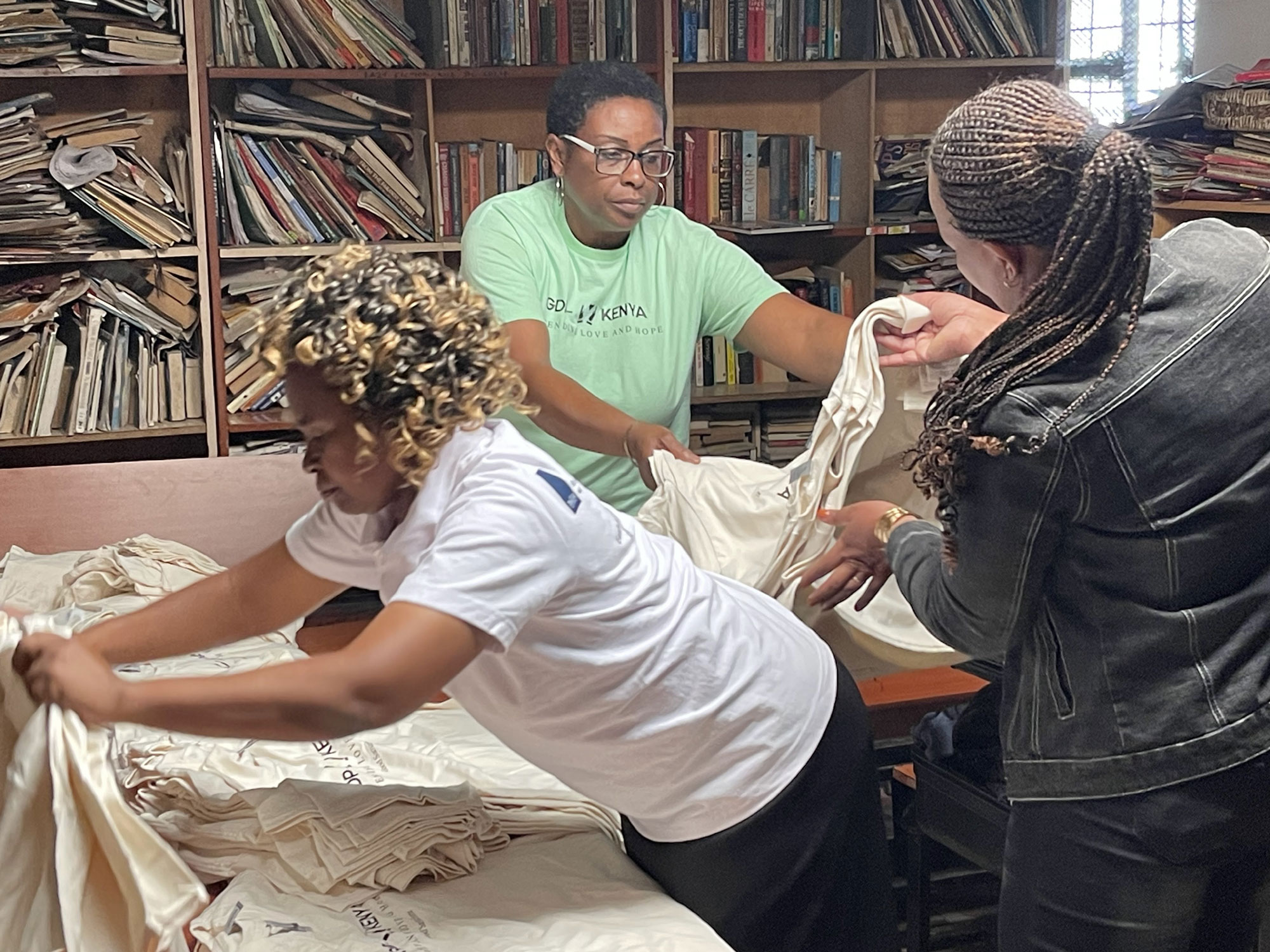Embracing Resilience: A Glimpse into Life in the Slums of Nairobi
The slums of Nairobi, Kenya are home to over 2.5 million people, many of whom face daily struggles with poverty, violence, and lack of access to basic resources. Despite these challenges, the residents of these slums have shown incredible resilience and strength in the face of adversity. In this article, we will take a closer look at life in the slums of Nairobi and the inspiring stories of resilience that have emerged from these communities.
Overcoming Adversity
The slums of Nairobi are known for their high levels of poverty, hardship, and violence. Resources are scarce. Many residents live in makeshift homes made of corrugated iron sheets, wooden poles, mud, and have limited access to clean water and sanitation. Healthcare is likewise a challenge. There is only one public health facility for every 30,000 residents. In addition, the slums are plagued by high rates of crime and gang violence. Despite these challenges, the residents of the slums have shown incredible resilience and determination to overcome their circumstances.
Violence and It’s Impact on Women and Children
One of the most devastating consequences of living in the slums of Nairobi is the impact of violence on children and women. Children are often exposed to violence at a young age, whether it be in their homes or on the streets. Many children in the slums are also orphaned due to violence, leaving them vulnerable and without proper care. Women in the slums also face high levels of violence, including domestic abuse and sexual assault. However, despite these challenges, many women in the slums have become strong advocates for change and have formed support groups to empower and protect themselves and their children.
Life in Mathare and Kawangware
Mathare and Kawangware are two of the largest slums in Nairobi, with a combined population of over 600,000 people. These slums are home to a number of orphanages and community centers that provide limited support and limited resources for children and families in need. These organizations not only provide necessities such as food and shelter, but also offer education and vocational training to help break the cycle of poverty. However, the need is so tremendous that many of the orphanages quickly become overwhelmed with the burden of caring for the ever-increasing need of those that are so vulnerable.
Orphanages in the Slums
Orphanages in the slums of Nairobi play a crucial role in providing care and support for children who have been orphaned or abandoned. These orphanages not only provide a safe and stable environment for children, but also offer education and counseling to help them overcome their traumatic experiences. Many of these orphanages rely strictly on donations and volunteers to continue their important work.



Conclusion: Embracing Resilience
Despite the challenges faced by the residents of the slums of Nairobi, there is a strong sense of resilience that shines through. Many individuals and organizations are working tirelessly to improve the lives of those living in the slums and to create a brighter future for the next generation. Organizations like the Kibera Girls Soccer Academy and the Mathare Youth Sports Association use sports as a tool to empower young girls and boys in the slums. Similarly, the Women’s Empowerment Program, run by the Kibera Community Development Agenda, provides training and support for women to start their own businesses and become financially independent.
The Global Development Project is one of those organizations that have taken an “all in”, “hands on” approach to help change the hope, trajectory, and future of those residing in the slums. We at GDP have done this over the years by investing in the infrastructure (buildings, water supply, classrooms, dorms, solar panels, etc), empowering women and youth (seminars, career training and opportunities, camps, conferences, schools, etc), and simply finding innovative ways to ‘Extend love and hope’!
Find out more about how you can give and support these efforts to change lives. It doesn’t take much to make a difference!


